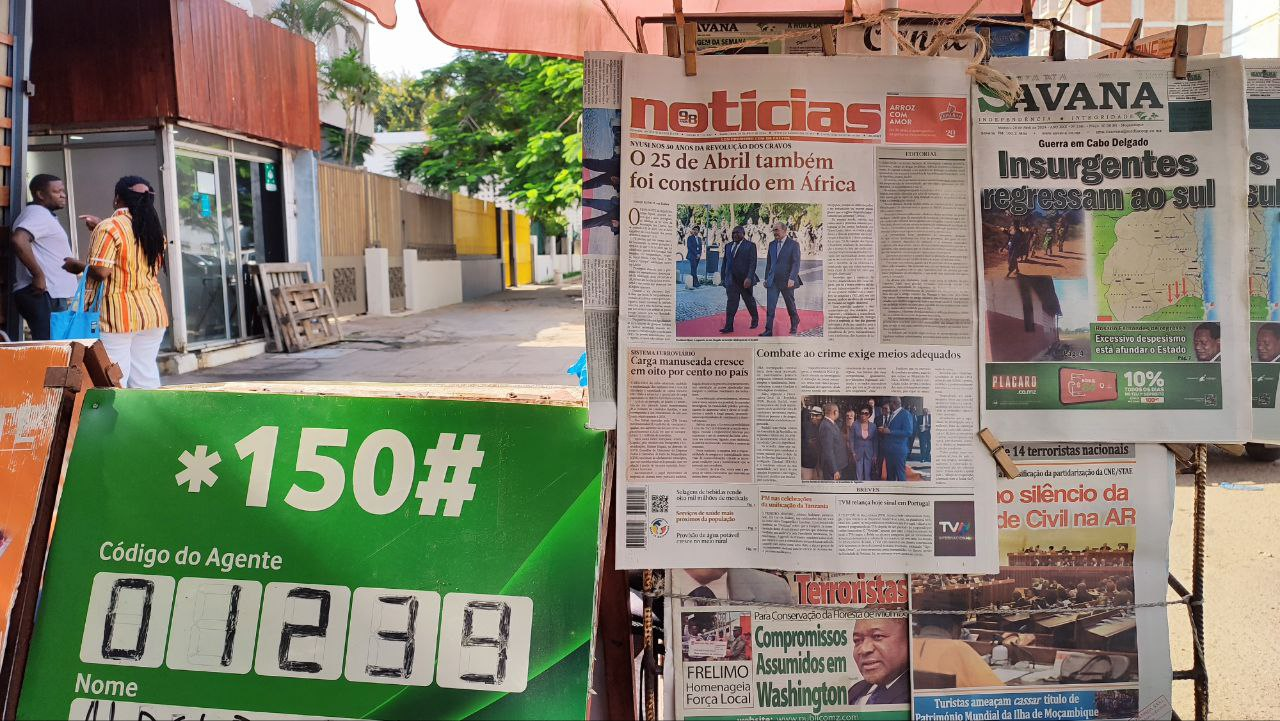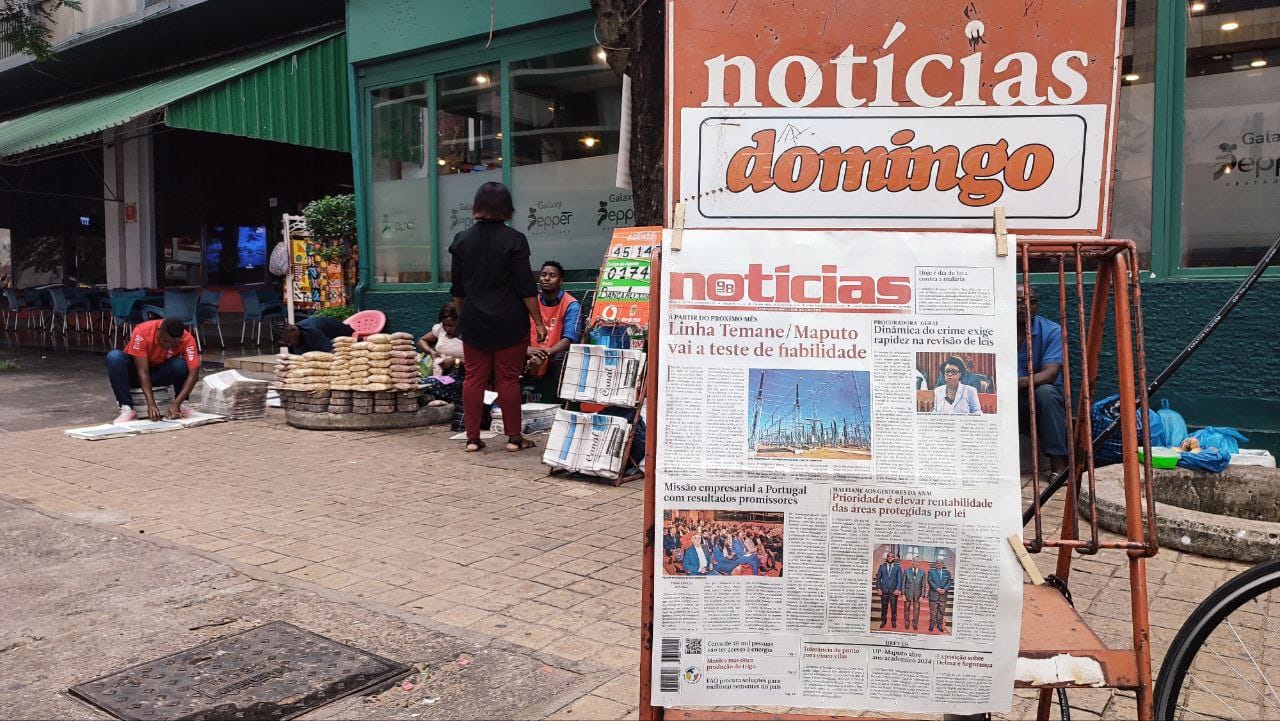In 2024, Mozambique will go to the polls for presidential, legislative, and provincial elections. For this, the register of voters needs to be updated. According to Mozambican law, voter registration should take place six months after the election is announced. As the Council of State announced 9 October 2024 as the election date back on 7 August 2023, voter registration should have started by law in February. However, the fact that this falls in the rainy season means the voter registration needed to be rescheduled. This will require further changes to electoral laws and have implications for the electoral process in general. The insurgency in Cabo Delgado could also affect the registration process and the holding of the upcoming elections.
This article was first published on 20 February 2024 as part of the Cabo Ligado Monthly: January 2024
January and February this year coincided with the peak of the rainy season, especially in northern Mozambique. This impact was real in Cabo Delgado. In January, rains caused the EN380 bridge to collapse, cutting off the overland link between Macomia and the municipalities of Mocímboa da Praia, Mueda, Nangade, and Palma. In the district of Mecufi, in the south of Cabo Delgado, more than 9,000 people were trapped, agricultural fields were flooded and there was a lack of access to food aid for the victims of the floods as a result of the Megaruma River overflowing its banks.
In light of these realities, Frelimo on 11 January proposed an amendment to the law on voter registration, Law No. 8/2014 of 12 March, to allow the dates to be pushed forward. Subsequently, parties in parliament voted by consensus on 24 January to amend the law to change the start of voter registration to nine months after the announcement of the election date rather than six months. Voter registration will therefore take place between 15 March and 28 April, according to the Council of Ministers.
In practice, this change will require an overhaul of the electoral calendar and the need to amend other laws to reflect such changes. The changes proposed by Frelimo aim to address logistical challenges due to the rainy season, but raise concerns about fairness and equal opportunities for smaller parties in the upcoming elections. This change to the electoral calendar will reduce the time opposition parties have to prepare their candidacy papers. For the provincial elections, the deadline for parties and candidates to submit their papers will be reduced from two months to three weeks. And the deadline for provincial assembly candidates will be reduced from two months to 20 days. This is a big problem for people in rural areas, who sometimes have to travel to the major towns to get this document.
Insurgent attacks could also affect voter registration in Cabo Delgado. With voter registration set to begin on 15 March, the National Electoral Commission is expected to conduct registration only in district and municipal headquarters where there is adequate security, according to the Centre for Public Integrity. During last October's municipal elections, the only municipality where there were concerns about the holding of elections was Mocimboa da Praia. However, the presence of Mozambican and Rwandan troops meant that the process went ahead without any insurgent attacks. The situation is different for the general elections, which will take place in all the villages, towns, and districts of Cabo Delgado. With insurgent attacks occurring in Macomia, Mecufi, Metuge, Mocímboa da Praia, Muidumbe, and Pemba districts in January alone, the electoral process is under immediate threat. Even the distribution of voter registration material to the main villages and town centers could be affected by attacks on villages and towns along the EN380, particularly on the Macomia-Oasse route.
According to the Mozambican Constitution, universal suffrage is the general rule for the election of members of elective bodies at all levels. The disruption of voter registration will prevent many people in Cabo Delgado from voting and being elected as representatives and members of provincial assemblies, deputies, and other elective bodies. Without this universal right, they will not be able to express their grievances or participate directly in debates and decisions on issues that affect them through elections. There is no solution in sight to ensure that this constitutional right is respected, given the insecurity in some parts of Cabo Delgado. National and foreign forces are restricted in their ability to deploy throughout the province of Cabo Delgado. If there is no other legal way out, parliament could be asked to change the electoral law again.









